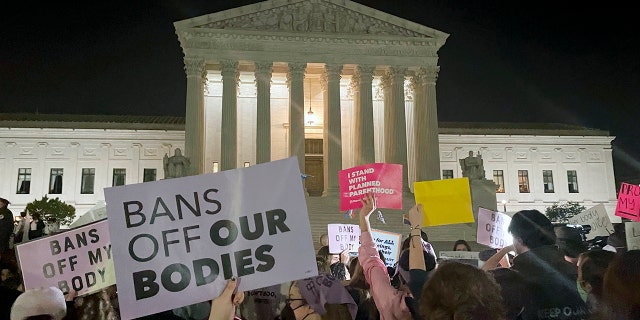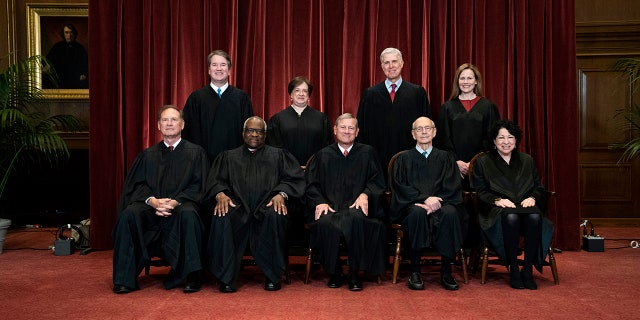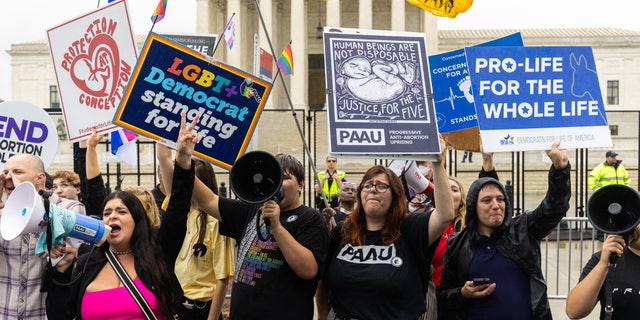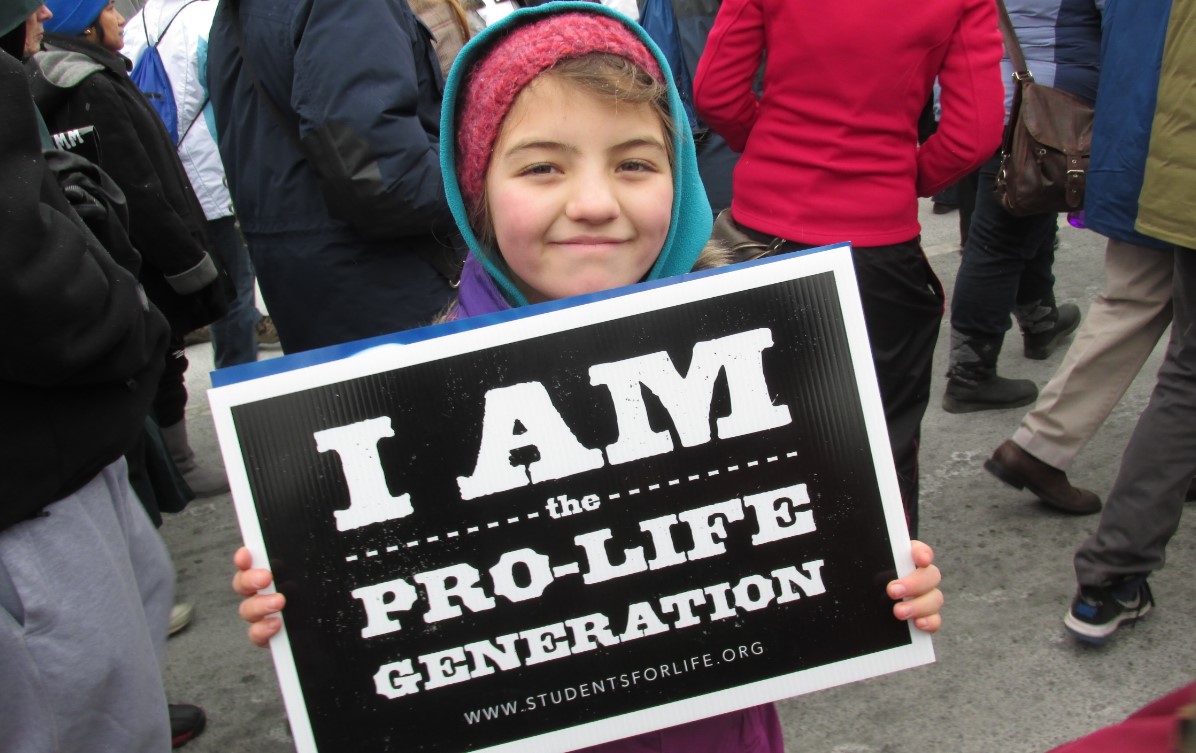By Ronn Blitzer
The Supreme Court on Friday overturned Roe v. Wade, effectively ending recognition of a constitutional right to abortion and giving individual states the power to allow, limit, or ban the practice altogether.
The ruling came in the court’s opinion in Dobbs v. Jackson Women’s Health Organization, which centered on a Mississippi law that banned abortion after 15 weeks of pregnancy. The Republican-led state of Mississippi asked the Supreme Court to strike down a lower court ruling that stopped the 15-week abortion ban from taking place.
“We end this opinion where we began. Abortion presents a profound moral question. The Constitution does not prohibit the citizens of each State from regulating or prohibiting abortion. Roe and Casey arrogated that authority. We now overrule those decisions and return that authority to the people and their elected representatives,” Justice Samuel Alito wrote in the court’s opinion.
The opinion comes after a leak of a draft opinion from February striking down Roe caused nationwide debate and promoted pro-choice activist protests at the homes of the six conservative justices. In addition, dozens of pro-life pregnancy centers were vandalized since the opinion leak, Catholic churches were targeted for protests and unrest, and a suspect was charged with attempted murder for allegedly trying to assassinate Justice Brett Kavanaugh.
The high court heard oral arguments in the case in December 2021. Mississippi Solicitor General Scott Stewart argued in support of the law. He also argued that two landmark abortion cases that kept state governments from prohibiting abortions at certain points during a pregnancy – Roe v. Wade and Planned Parenthood v. Casey – be overturned.
Pro-life advocates believe that the state is the best forum for debate over abortion restrictions, and see the overturn of Roe as the rightful return of the issue to the states.

A crowd of people gather outside the Supreme Court, Monday night, May 2, 2022 in Washington following reports of a leaked draft opinion by the court overturning Roe v. Wade. (AP Photo/Anna Johnson)
At least 13 Republican-led states have already passed “trigger laws,” in the event Roe is overturned, that would immediately restrict access to abortion if the Supreme Court went so far as to overturn the 50-year precedent.
Georgia, Iowa, Ohio and South Carolina all have laws banning abortions after the six-week mark, which have been ruled unconstitutional but would likely be revisited if Roe is overturned, the Guttmacher Institute, a pro-abortion research group, has reported.
On the other hand, pro-choice advocates will have to work to codify Roe or enact looser abortion restrictions by passing state-level legislation.

New York passed a bill in 2018 designed to codify Roe, and other blue states are expected to follow suit after the Supreme Court’s ruling.
Public opinion polling has also indicated that despite that more than six in 10 registered voters think the court should uphold Roe, the majority of Americans are in favor of some restrictions on abortion.

FILE – In this April 23, 2021, file photo members of the Supreme Court pose for a group photo at the Supreme Court in Washington, D.C. (Erin Schaff/The New York Times via AP, Pool, File) (AP)
When Americans were asked in a recent Fox News poll about how they would feel if a law banning abortions after 15 weeks were passed in their state, just over half of voters favor it (54%) while 41% are opposed.
At the federal level, the Senate failed to advance a bill to codify federal abortion protections in Roe v. Wade in the week following the leaked draft.
Vice President Kamala Harris presided over the vote on the Women’s Health Protection Act. It needed 60 votes to advance but died in a 51 to 49 tally, with West Virginia Democratic Sen. Joe Manchin joining with all 50 Republicans in voting no.
President Biden immediately condemned Republicans for blocking the abortion rights legislation at a time when “women’s constitutional rights are under unprecedented attack.” He called on voters to elect more Democrats in November so that the legislation can get passed next year.

WASHINGTON D.C. – JUNE 23: Outside the Supreme Court Thursday morning ahead of possible announcement on Dobbs v. Jackson (Photo by Joshua Comins/Fox News)
Democratic campaign arms have already signaled that abortion will be a key issue heading into the midterms and will galvanize their base. Republicans are largely convinced that “sanctity of life” issues will spark renewed enthusiasm for conservative candidates in state-level elections.

